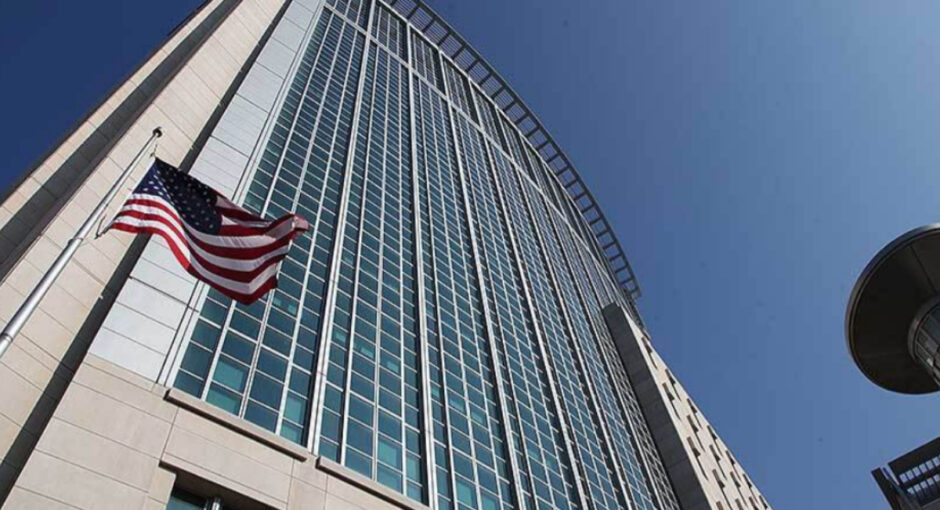National and state health center associations have filed amicus briefs in a lawsuit over California’s shift of Medicaid pharmacy benefits to Medicaid fee for service. They say the move will cost 340B providers in the state millions in savings needed to serve low-income patients.
In Feb. 14 friend of the court briefs filed in federal district court in Sacramento, the National Association of Community Health Centers (NACHC) and the California Primary Care Association (CPCA) urged the court to reverse Gov. Gavin Newsom’s January 2019 executive order to consolidate Medi-Cal (Medicaid) managed care and FFS drug benefits under a new state program, Medi-Cal Rx. The transfer occurred in January 2021.
“The current, and ongoing, loss of 340B savings due to the transition to Medi-Cal Rx will ultimately impact health centers’ ability to maintain adequate access to critical services for California’s most vulnerable patients,” NACHC told the court in its brief. “For some covered entities, 340B program revenue has meant the difference between remaining in operation or closing.”
“The loss of 340B savings is frustrating, if not thwarting, community health centers’ ability to increase access to health care for the communities they serve,” the CPCA told the court in its brief. It said 340B providers in the state use their savings for ancillary services including paying staff to extend pharmacy hours and linking patients to food and housing assistance.
Previously, 340B providers could bill Medi-Cal managed care plans at rates above 340B acquisition cost. Now, they are reimbursed at acquisition cost plus a dispensing fee, meaning they net substantially less in savings. An alliance of California community health centers, Community Health Center Alliance for Patient Access (CHCAPA), sued the state and the U.S. Centers for Medicare & Medicaid Services to reverse the change. Both government agencies have moved to dismiss the case.
Neither NACHC nor CPCA took a position on the motions to dismiss. Both bolstered CHCAPA’s argument that 340B providers are getting hurt by the transition to FFS reimbursement.
NACHC’s brief
NACHC said 340B providers use their savings from Medicaid drug reimbursement for services including dental, behavioral health, specialty care, translation services, food banks, housing support, and co-pay assistance programs. “Under the Medi-Cal Rx transition, the 340B savings that health centers depended on will flow back into the state’s budget and is not guaranteed to be reinvested in the Medicaid program, or to improve access to affordable health care,” the group told the court.
NACHC said California 340B providers are already experiencing “devastating financial losses” associated with drug manufacturers’ imposing restrictions on 340B-priced drugs dispensed at contract pharmacies. “Many covered entities that have relied on 340B participation lack the financial resources necessary to bear the additional costs of drugs for indigent patients,” the group said in its brief. “Looking at the future of the 340B program for California [federally qualified health centers], there are great concerns on the double impact of the ongoing contract pharmacy restrictions and the transition to Medi-Cal Rx.”
It said California’s move to FFS reimbursement, like drug manufacturers’ contract pharmacy restrictions, are motivated in part by concerns over fraud and duplicate discounts, but said the state had other options to address those concerns.
“We urge the Court to review the statutory requirements and existing processes in place to prevent duplicate discounts and diversion at California covered entities,” it said in the brief. “Instead of implementing Medi-Cal Rx, the state could have taken action under the 340B statute to strengthen existing policies and procedures to minimize the risk of duplicate discounts and diversion.”
CPCA’s brief
CPCA meanwhile highlighted consequences so far from the change. It said a recent survey estimated that 20 existing California health centers will have to close at least one site, 22 will have to cut hours, and plans to open 36 new centers will be scrapped.
“Clinical services also will contract due to the cut-off of funds that otherwise are generated
from 340B savings,” it said. Health centers “will have to close in-house pharmacies or eliminate pharmacy services [altogether] that provide free to low-cost drugs to patients.” Nutrition, legal aid, population health, and chronic care management programs will be eliminated, it said.
While the state has allocated $105 million to help compensate 340B entities for their losses, CPCA said the loss may be as high as $205 million annually. “No funds … have been disbursed to community health centers, even though the Medi-Cal Rx transition was implemented in January 2022,” it said. Plus, permanent compensatory funding is not guaranteed.
“There simply is no adequate solution to the loss of 340B savings,” CPCA said.
A similar Medicaid drug benefit transition in New York State is scheduled to happen on April 1.


